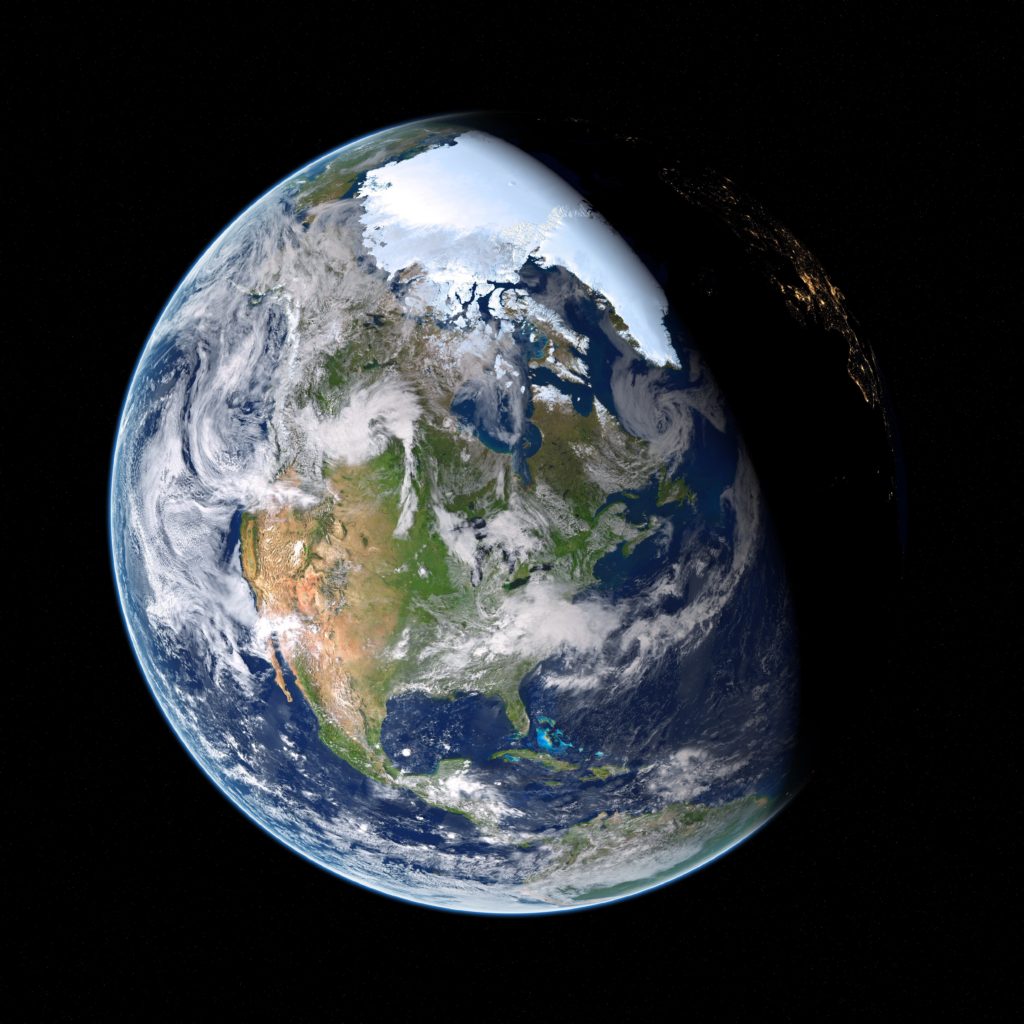Creating a Life 101

This Saturday I’m teaching a class — Writing the Creative Chakras — with my friend Margaret Riordan, and I think I’m having a panic attack.
When I was a new teacher, I had a mentor who told me, “Teaching is easy: you go in the first day of class and teach your students every thing you know; and then you do that again on the second day, and the third, all the way to the fiftieth.” I’ve never been sure whether he thought he was being helpful, or funny, or what exactly. But there is a core of truth to the statement. All you had to do was show up that first day, with everything you were and everything you had, and share it, openly and honestly. If you could bring yourself to do that, your students would meet you there.
This class is a one-day class, and so my “just show up the first day” mantra is not working for me.
What I’m reminding myself of is that I don’t have to get through the whole day, not at once, at least. Same as with my writing day, all I have to do is get through the first fifteen minutes — or five minutes! — and then the next small increment, and then the next. Same with writing any project. You don’t have to write the whole book. Just a page. Just a sentence. Just the first word. And then the next.
All I have to do is bring everything I have and all that I am, and show up. That’s how we create our lives, too.
I recently came across this video on Facebook of a 102 year old woman riding a horse — and as Grandma Riggs says, “This is not the time to be nervous.”
There are still open chairs in the class. Let me know if you’d like to fill one.




 It’s still Mother’s Day (for a couple more hours) so I wanted to post a link to a new anthology with both a print and an on-line component in which my poems will appear — along with many other really wonderful poets worth visiting, or revisiting.
It’s still Mother’s Day (for a couple more hours) so I wanted to post a link to a new anthology with both a print and an on-line component in which my poems will appear — along with many other really wonderful poets worth visiting, or revisiting.